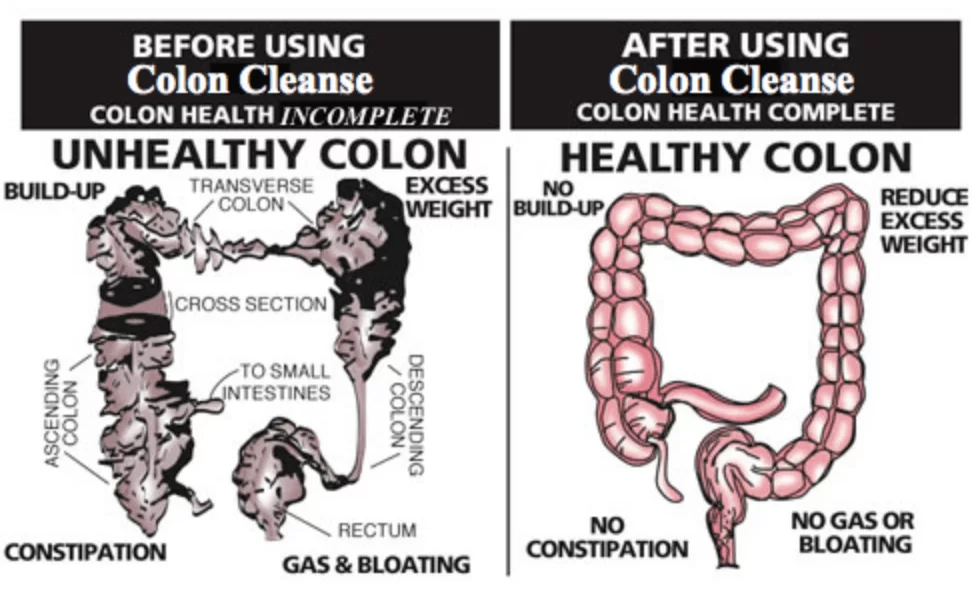
How to Check Gut Health at Home: Best Tests, Tools & What Your Results Mean
Gut health isn’t just a trendy wellness topic—it’s one of the most powerful indicators of your overall wellbeing. If you’re dealing with digestive discomfort, mood swings, or even persistent skin conditions, your gut may be trying to tell you something. In this blog, we’ll dive into how to check your gut health at home, the best tests to use, what healthy digestion actually looks like, and how companies like Flora Healthcare can help. Plus, we’ll explore how fermented foods—nature’s original probiotics—can help restore balance naturally.
Why Check Your Gut Health?
The gut is home to your microbiome—an ecosystem of trillions of bacteria, fungi, viruses, and other microorganisms. These microscopic tenants help digest food, regulate immune responses, and even manufacture neurotransmitters like serotonin. When this balance is off, you might experience bloating, fatigue, anxiety, food sensitivities, or brain fog.
Knowing how to check gut health gives you the power to intervene early. And thankfully, today’s technology makes it easier than ever to gain insight into your internal ecosystem without stepping foot in a clinic.
Best At-Home Tests for Gut Health
1. Microbiome Stool Testing
Stool-based microbiome tests analyse the bacterial DNA in your stool. These tests can:
-
Measure microbial diversity, which is crucial for resilience and disease prevention.
-
Identify overgrowth of pathogenic bacteria or yeast such as Candida albicans.
-
Highlight deficiencies in key probiotics like Bifidobacterium and Lactobacillus.
-
Offer personalised dietary recommendations based on your gut profile.
2. Zonulin and Leaky Gut Panels
Zonulin is a protein that regulates gut permeability. Elevated levels are associated with a compromised gut lining, commonly referred to as “leaky gut.” This condition allows toxins, microbes, and undigested food particles to enter the bloodstream, potentially triggering inflammation, autoimmune conditions, or allergic reactions.
3. Food Sensitivity Tests
These assess immunoglobulin (IgG) reactions to various foods. While controversial in conventional medicine, they can uncover delayed food sensitivities linked to gut inflammation. The results can help guide an elimination diet to identify food triggers.
4. Symptom Trackers and Gut Journals
Sometimes, listening to your body offers more insight than any lab. By journaling your food intake, bowel movements, energy, sleep, and emotional states, patterns begin to emerge. This self-awareness is a foundational naturopathic practice for uncovering hidden gut imbalances.
Visual Clues: What Does a Healthy Gut Look Like?
Gut health isn’t just microscopic—it’s visible in your day-to-day life. Here’s what to look out for:
-
Stool Quality: A healthy bowel movement is smooth, sausage-shaped, and medium brown (type 3 or 4 on the Bristol stool chart). Loose, hard, or floating stools suggest imbalance.
-
Skin Clarity: The skin is often called the ‘second liver.’ Acne, eczema, or rashes may reflect gut inflammation or poor detox pathways.
-
Flat Abdomen: Bloating after meals may indicate fermentation, poor enzyme production, or dysbiosis.
-
Fresh Breath: Foul breath, especially in the morning, can be a sign of bacterial overgrowth or sluggish digestion.
Monitoring these clues is a simple but powerful way to stay in tune with your internal health.
The Role of Fermented Foods in Gut Health Recovery
Fermented foods offer a natural, traditional way to support the microbiome. Unlike isolated probiotic supplements, fermented foods contain a spectrum of living organisms, enzymes, and beneficial acids that work synergistically with the body.
Here’s how fermented foods help:
-
Restore Bacterial Diversity: Foods like sauerkraut, kimchi, kefir, and kombucha introduce a wide array of beneficial microbes that can colonise and diversify the gut.
-
Enhance Nutrient Absorption: Fermentation increases the bioavailability of nutrients like B vitamins, magnesium, and zinc.
-
Balance pH and Inflammation: Lactic acid produced during fermentation helps create a more acidic gut environment, deterring harmful bacteria and supporting beneficial strains.
-
Aid Digestion: Enzymes in fermented foods help break down food particles more efficiently, reducing gas, bloating, and indigestion.
-
Support the Gut-Lining: Some fermented foods may promote the production of short-chain fatty acids (like butyrate) which nourish colon cells and help maintain a strong gut lining.
Start small—a spoonful of sauerkraut or a sip of kefir—and build up slowly as your body adjusts. Homemade versions are often more potent and alive than pasteurised store-bought varieties.
What Is Flora Healthcare and How Can It Help?
Flora Healthcare is one of the leading names in microbiome analysis and gut health diagnostics. Their at-home test kits analyse your microbial balance and provide custom recommendations. These often include probiotic and prebiotic advice, dietary shifts, and lifestyle factors that may be influencing your gut health. Their approach is science-backed and easy to understand, making it a great place to start if you're new to gut testing.
What Your Results Might Reveal
Once you’ve tested, interpreting the results is key. Here’s what your gut test might show:
-
Low microbial diversity: This can indicate an over-sterile gut, often due to antibiotics, stress, or a limited diet.
-
High Firmicutes-to-Bacteroidetes ratio: Associated with weight gain, poor blood sugar control, and inflammation.
-
Elevated inflammation markers: Such as calprotectin or zonulin, pointing to gut wall damage.
-
Presence of pathogens: Like Clostridium difficile or Klebsiella, which may cause ongoing bloating, fatigue, and immune dysfunction.
Working with a qualified naturopath or integrative practitioner ensures your results are interpreted in context—not just with numbers, but with real-life strategies.
The Gut Check Routine: What You Can Start Doing Today
If you’re not ready to invest in testing yet, here are some highly effective habits you can begin today:
-
Track Your Digestion: Record meals, bowel movements, mood, and symptoms. This builds self-awareness and identifies food intolerances.
-
Eliminate Processed Sugar: A one-week sugar detox can reduce bloating and cravings by starving harmful bacteria.
-
Eat a Rainbow: The wider the variety of plants you eat, the greater your microbial diversity.
-
Incorporate Fermented Foods Daily: Add a tablespoon of sauerkraut to meals, a glass of kombucha in the afternoon, or a cup of kefir before bed.
-
Practice Chewing Mindfully: Chewing stimulates digestive enzymes, supporting better absorption and less bloating.
-
Hydrate Intelligently: Sip warm water between meals to support enzyme production and regularity.
Final Thoughts: Knowledge is Power
The gut is more than a digestive organ—it’s a command centre that affects your whole body. When you learn how to check your gut health and take actionable steps to support it—especially with time-honoured foods like ferments—you move toward better energy, mood, immunity, and long-term health.
You don’t need to guess. You just need to look, listen, and act.




 Signs of Poor Gut Health in Toddlers: How to Recognise and Restore Balance
Signs of Poor Gut Health in Toddlers: How to Recognise and Restore Balance













